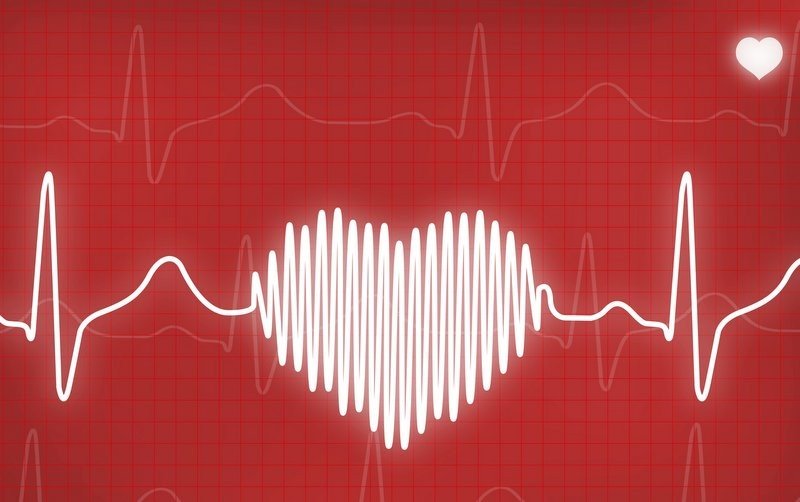Is Your Heart Getting Weaker Due to Recurrent PVCs?

In a high number of people, the regular rhythm of the heart may be interrupted by extra beats which are produced by the ventricles (the larger chambers of the heart).
There are many types of irregular heartbeats which can become fatal. A benign type of extra contraction, called premature ventricular complexes (PVCs), usually causes no immediate issues for affected patients. In fact, the majority of those who are affected experience no symptoms.
If symptoms are experienced, they can include chest palpitations, tiredness, light-headedness and shortness of breath.
What causes PVCs, how can we detect them and what effects can they have?
It is thought that PVCs are just an interesting observation and the understanding is that they are of no clinical consequence and cause no long-term adverse events.
Doctors are still unclear as to what causes PVCs, but it’s thought that calcium imbalances within the heart muscle cells may be to blame. In many there’s a site within the heart, or in the tissue immediately surrounding it, which can trigger electrical activity to cause the additional contraction.
 Why this happens and what causes the abnormality, though, is still unknown.
Why this happens and what causes the abnormality, though, is still unknown.
Recently, it has been discovered that the more PVCs which are found in a patient, the more the chances are that these affected individuals will experience a long-term negative effect on the heart.
These patients were found to have hearts which pumped less efficiently than those with little to no PVCs. The condition which they experienced is called cardiomyopathy and is characterized by a stretched, baggy heart muscle that is unable to pump blood effectively.
Symptoms of cardiomyopathy can include shortness of breath, swollen limbs and poor exercise tolerance. The most important adverse effect of cardiomyopathy is heart failure.
So, can anything be done?
PVCs can be effectively managed in the short-term with standard medications designed to stimulate the heart back into a normal rhythm. These medications don’t work in all patients, though, and drugs such as amiodarone have side-effects which are not tolerated by a high number of the general population.
Therefore, a more radical approach may be the answer in many patients. This treatment method involves ablating (killing off) the specific areas of the heart’s electrical triggering system where most or all of the PVCs originate from.
This technique is shown to be the most effective in many patients and has a low risk of serious complications. It’s therefore considered by many to be the best treatment option for problematic PVCs.
PVC ablation has also shown that the damaged heart muscle starts to recover in less than 4 months, and some degree of improvement is seen almost immediately in the vast majority.
Summary
It’s important then that palpitations or the sensation of an irregular heartbeat should be taken seriously and be investigated further.
It is also important that individuals with known PVCs (premature ventricular contraction), but who are not showing any symptoms, warrant a regular follow-up and monitoring of heart muscle function to detect any early signs of cardiomyopathy.
Author Bio: Richard Anderson is doing his fellowship in cardiology at Emory University school of Medicine. He is passionate about on spreading awareness on heart beat including identification of triggers for premature ventricular contraction .
Category: Health




